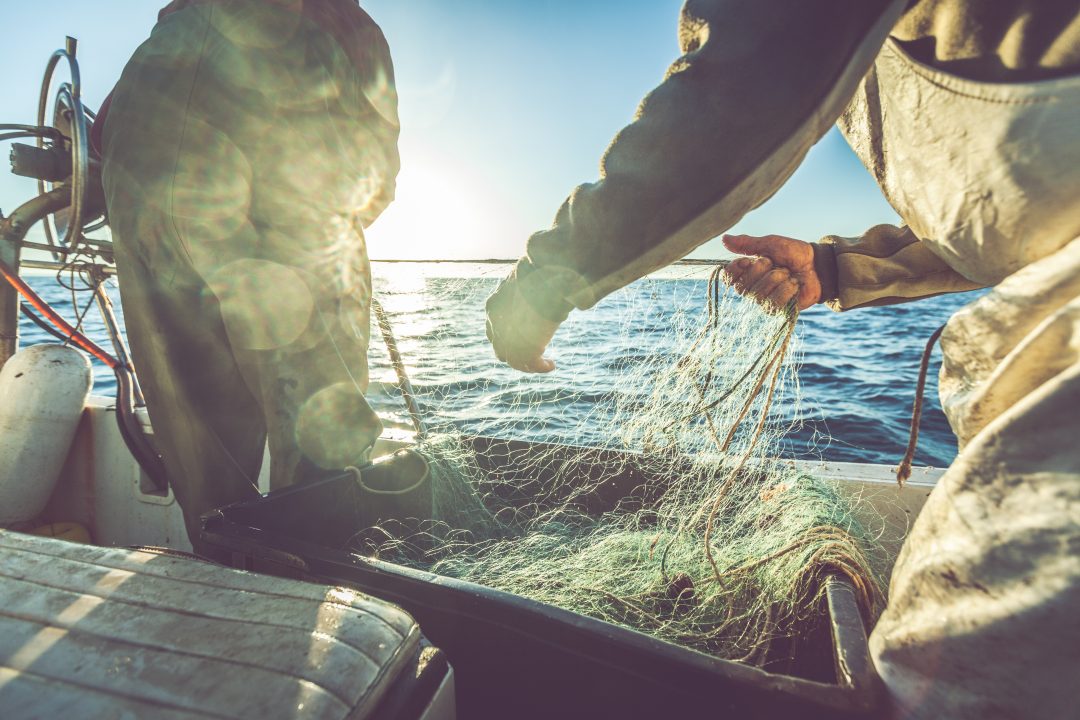Fishing boats will be barred from dredging, trawling and creeling for shellfish in the Clyde for nearly three months this spring in a bid to boost recovery of fish stocks.
The Scottish Government announced it will remove customary exemptions to a seasonal ban on white fish catches in the area that has been in place for 20 years.
But Industry leaders condemned the ban, which they say will have a serious impact on crews dependent on the area for their livelihoods.
A statement from Marine Scotland said closure of the Firth of Clyde – an important breeding ground for cod – to fishers between February 14 and April 30 will continue in 2022 and 2023.
It read: “Since its introduction, the Scottish Statutory Instrument for the annual closure of the spawning ground has included exemptions to allow Nephrops trawlers, creels and scallop dredgers to continue to use the area, due to the low numbers of cod that they catch,” the statement says.
“However, despite the ongoing seasonal closure, the stock has shown little sign of recovery so the Scottish Government has removed these exemptions to maximise numbers.
“This represents a change to our previous position – for sound environmental and biodiversity reasons.”
Scottish Fishermen’s Federation (SFF) chief executive Elspeth Macdonald said the news was devastating for fishers.
She said: “[Friday’s] announcement by the Scottish Government will be devastating news for those who make their living fishing in the Clyde and have limited or no other options during the period of closure.
“For several years we have been constructively engaged with the Scottish Government on interactions between fisheries and marine conservation, and there are good examples where this approach has served all parties well and has driven the desired outcomes.”
The SSF accused the Scottish Government of failure to provide evidence before announcing the ban.
They also expressed concern it could set ‘a dangerous precedent’ for future fisheries management and marine conservation.
Ms Macdonald said decisions are usually reached following “a clear and logical process”, but that this was not the case for the Clyde.
She added: “Scottish Government’s botched handling of this specific issue has served only to undermine our trust in that process.”
But sustainable fisheries campaigners have welcomed the increased restrictions as a ‘small step’ towards protecting critical fish habitats.
Phil Taylor, head of policy at Open Seas, said the government’s approach was ‘blunt’, but necessary.
He said: “For 20 years bottom-towed fishing has risked damage to areas of seabed which are essential for the recovery of Scotland’s collapsed west coast cod stocks.
“By removing these exemptions, the Scottish Government has righted a long-standing fault in fisheries management in the Clyde.
“If we are serious about recovering our marine ecosystems, sustainable fishing needs to be safeguarded, fostered and incentivised.
A Scottish Government spokesman said: “During spawning, cod are extremely vulnerable to any activity impacting the seabed and limiting physical disturbance during the spawning period will minimise disruption to the spawning environment and promote cod reproduction.
“We appreciate this will have a short-term impact on local fishers, but taking action now to try to replenish the stock for the longer term is ultimately beneficial for fishing as well.”
Follow STV News on WhatsApp
Scan the QR code on your mobile device for all the latest news from around the country


 iStock
iStock
























